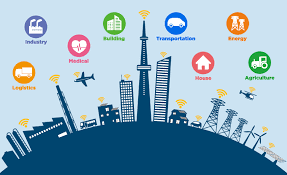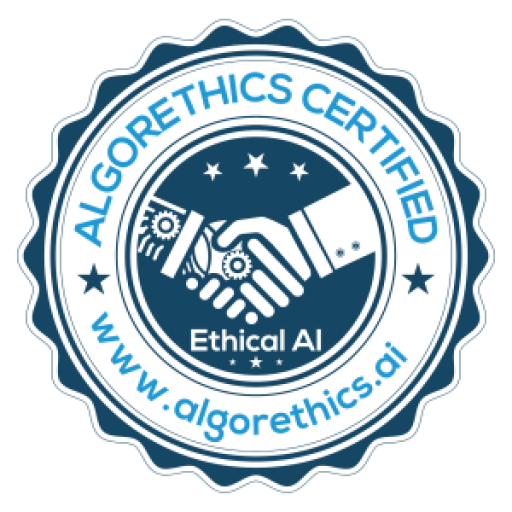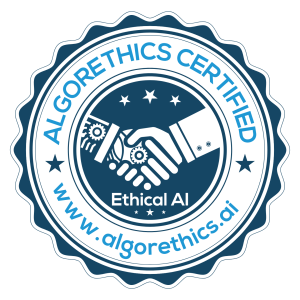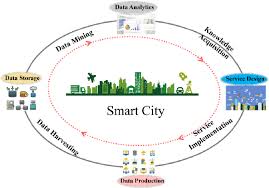As cities become more connected and technologically advanced, the integration of AI in smart cities is reshaping the way urban spaces function. From traffic management and energy optimization to predictive policing and citizen engagement, artificial intelligence is central to this transformation. However, with this increasing reliance on urban AI systems comes a pressing need to ensure these tools are developed and deployed ethically. The future of smart urban governance depends not just on innovation but on ethical automation that respects privacy, equity, and accountability.
The Rise of Urban AI Systems
Urban AI systems are designed to process vast amounts of data generated by city infrastructure, residents, and services. These systems analyze real-time inputs to improve efficiency in areas like public transportation, waste management, and emergency response. For example, AI can predict and alleviate traffic congestion or optimize energy distribution during peak hours, making cities more sustainable and livable.
In governance, AI-powered platforms are being used to enhance civic engagement, streamline bureaucratic processes, and support evidence-based policymaking. However, as these systems become embedded in daily city life, questions arise about who controls the data, how decisions are made, and whether all communities benefit equally.
The Ethical Challenges of AI in Smart Cities
Implementing AI in smart cities without a strong ethical framework risks deepening existing inequalities and eroding public trust. Key concerns include:
Surveillance and Privacy: AI-driven surveillance systems can help improve safety, but they also raise issues of mass data collection and potential misuse.
Bias and Discrimination: Algorithms can reflect and reinforce existing social biases, particularly when trained on incomplete or skewed data.
Transparency and Accountability: AI decisions often occur in a “black box,” making it difficult for citizens to understand how outcomes are determined or challenge them when necessary.
These challenges underscore the need for ethical automation—systems that are transparent, inclusive, and accountable by design.
Building Ethical Automation into the Urban Fabric
To guide the responsible use of AI in urban environments, cities must adopt ethical frameworks that prioritize human rights and public values. Key strategies include:
- Public Participation: Engaging residents in the design and oversight of urban AI systems can help align technologies with community needs.
- Transparent Governance: Cities should publish clear policies on how AI systems are used, what data is collected, and how privacy is protected.
- Equity Audits: Regular audits can identify and correct biases in AI systems, ensuring fair treatment across different social groups.
- Ethical Procurement: Governments can set standards for technology vendors, requiring adherence to ethical AI practices as a condition of doing business.
The Future of AI-Driven Urban Governance
Looking ahead, the success of smart cities will hinge not only on technological sophistication but on public trust and inclusive governance. Ethical AI offers the opportunity to build more just and resilient cities—where innovation serves everyone, not just the privileged few.
As AI continues to evolve, urban leaders, technologists, and citizens must collaborate to ensure that AI in smart cities is guided by values as much as data. Only through ethical automation can we create urban AI systems that truly enhance life in our cities—fairly, safely, and sustainably.







